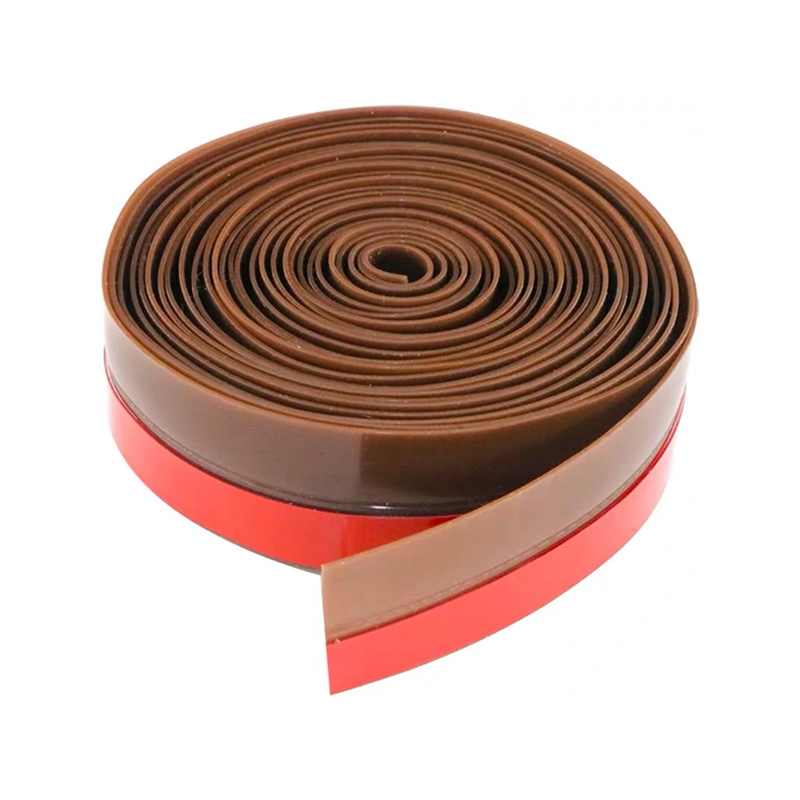Suppliers of Equipment for Manufacturing Prismatic Cell Batteries and Related Technologies
The Rise of Prismatic Cell Manufacturing Equipment Suppliers
In the ever-evolving landscape of battery technology, prismatic cells have emerged as a significant player, particularly in the realm of electric vehicles (EVs) and renewable energy storage systems. Prismatic cells are characterized by their rectangular shape, which allows for efficient use of space and, often, better thermal management compared to cylindrical or pouch cells. As demand for these cells surges, the role of specialized suppliers of prismatic cell manufacturing equipment has become increasingly crucial.
Understanding Prismatic Cells
Prismatic cells are designed with a focus on maximizing energy density and minimizing weight. Their flat form factor helps in creating compact battery packs, essential for EV manufacturers looking to enhance both performance and range. A typical prismatic battery pack can offer more substantial energy storage capabilities, making it a preferred choice for various applications beyond electric vehicles, including consumer electronics and grid storage solutions.
The Growing Market
The global drive towards sustainable energy solutions, paired with government mandates for reduced carbon emissions, has sparked an unprecedented rise in the demand for prismatic cells. As automakers pivot towards electric models, and renewable energy sources like solar and wind power increase in adoption, the market for prismatic cells is projected to expand rapidly over the next decade. According to industry forecasts, the prismatic cell market could witness significant growth, leading to a burgeoning need for advanced manufacturing solutions.
Key Suppliers in the Industry
With this growth comes the need for specialized equipment suppliers who can provide state-of-the-art manufacturing technologies for prismatic cells. These suppliers are responsible for delivering the machinery required for the various stages of cell production, including
1. Electrode Coating Machines Responsible for applying active materials to current collectors, ensuring uniform thickness and quality. 2. Cell Assembly Equipment This includes machines for stacking or winding the electrodes and separators and integrating them into the prismatic casing efficiently. 3. Electrolyte Filling Machines Necessary for safely and accurately filling the cells with electrolyte solutions that enable battery functionality.
prismatic cell manufacturing equipment suppliers

5. Testing and Quality Control Systems Essential for guaranteeing that the manufactured cells meet specific safety and performance standards.
Innovative Technologies
As battery technology progresses, so too must the equipment used to manufacture prismatic cells. Suppliers are investing heavily in research and development to create more efficient, precise, and automated solutions. Innovations in areas such as robotics, artificial intelligence, and IoT (Internet of Things) are paving the way for smarter manufacturing processes that can not only enhance productivity but also improve safety and reduce waste.
For instance, automation in the assembly line allows for faster production rates while minimizing human error. Furthermore, IoT-enabled machines can provide real-time data analytics, helping manufacturers monitor equipment health, optimize operations, and make data-driven decisions that enhance overall manufacturing efficiency.
Challenges and Considerations
Despite the promising growth, several challenges remain for prismatic cell manufacturing equipment suppliers. The complexity of battery chemistries, the need for stringent safety standards, and the demand for customized solutions pose significant hurdles. Suppliers must stay ahead of technological trends and invest in training their workforce to handle sophisticated machinery and processes.
Conclusion
The prismatic cell market is at a pivotal point, with immense potential for growth driven by the global shift towards electrification and renewable energy solutions. As the industry expands, the role of prismatic cell manufacturing equipment suppliers will be critical. By providing innovative, high-quality manufacturing solutions, these suppliers will not only support the development of better batteries but also contribute to driving sustainable energy practices and reducing the overall environmental impact of energy consumption. The future of prismatic cells, and indeed the larger battery market, is bright, illuminating a path towards energy innovation and efficiency.
Share
-
Flat Rasp Techniques for Metal Surface FinishingNewsAug.22,2025
-
Can a Faulty Car Door Seal Cause Wind Noise?NewsAug.22,2025
-
How Rolling Roller Technology Improves Battery Production EfficiencyNewsAug.22,2025
-
Major Obstacles to Automating a Car Battery Assembly LineNewsAug.22,2025
-
The Role of Slitting Machines in Lithium Battery Electrode ManufacturingNewsAug.22,2025
-
Key Challenges in Lithium Battery Production Line OptimizationNewsAug.22,2025







